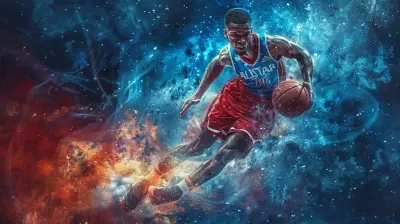Esports Coaching: How to Train the Next Generation of Champions
18 July 2025
The world of esports has exploded in popularity over the past decade. What was once a niche hobby is now a global phenomenon, with millions of fans tuning in to watch competitive gaming events online and in packed stadiums. This meteoric rise has created a demand for something that many people never thought esports would need: coaching. That’s right, just like traditional sports, the top esports teams and players rely on skilled coaches to help them reach their full potential.
But what exactly does an esports coach do? And how can they help train the next generation of champions? Let’s dive into the world of esports coaching, exploring the skills, strategies, and techniques that top coaches use to bring out the best in their players.
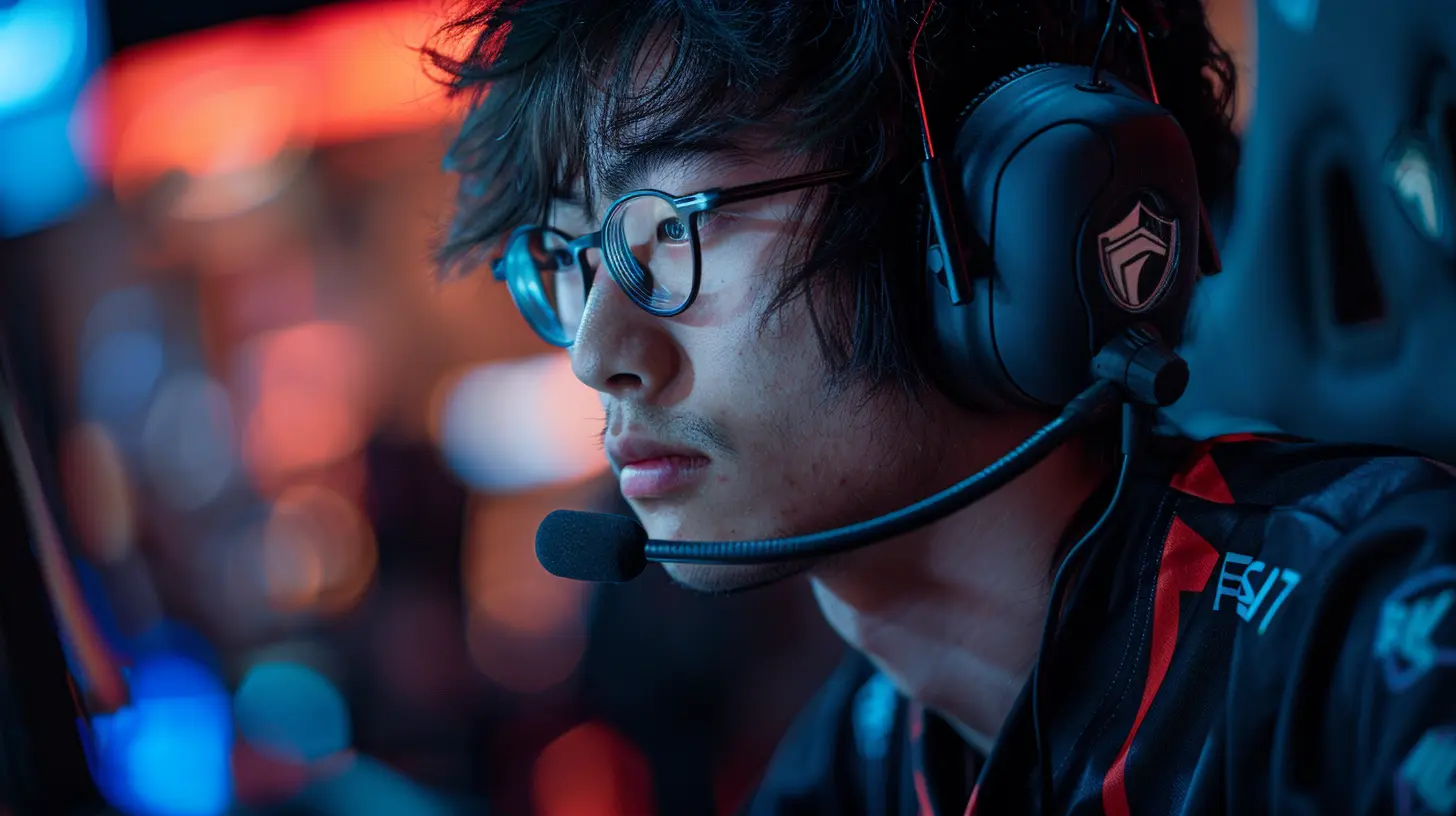
What is Esports Coaching?
In many ways, esports coaching mirrors coaching in traditional sports. Coaches are responsible for guiding their players, developing strategies, and helping them improve both individually and as a team. However, esports has its own unique challenges. Unlike traditional sports, where physical fitness is a huge component, esports demands precision, quick reflexes, mental acuity, and high-level strategic thinking.Esports coaches must understand the dynamics of the game they’re coaching, be able to analyze gameplay at a high level, and communicate effectively with players. It’s about more than just telling players what to do — it’s about helping them think critically about their decisions, build strong communication skills, and work cohesively as a unit.
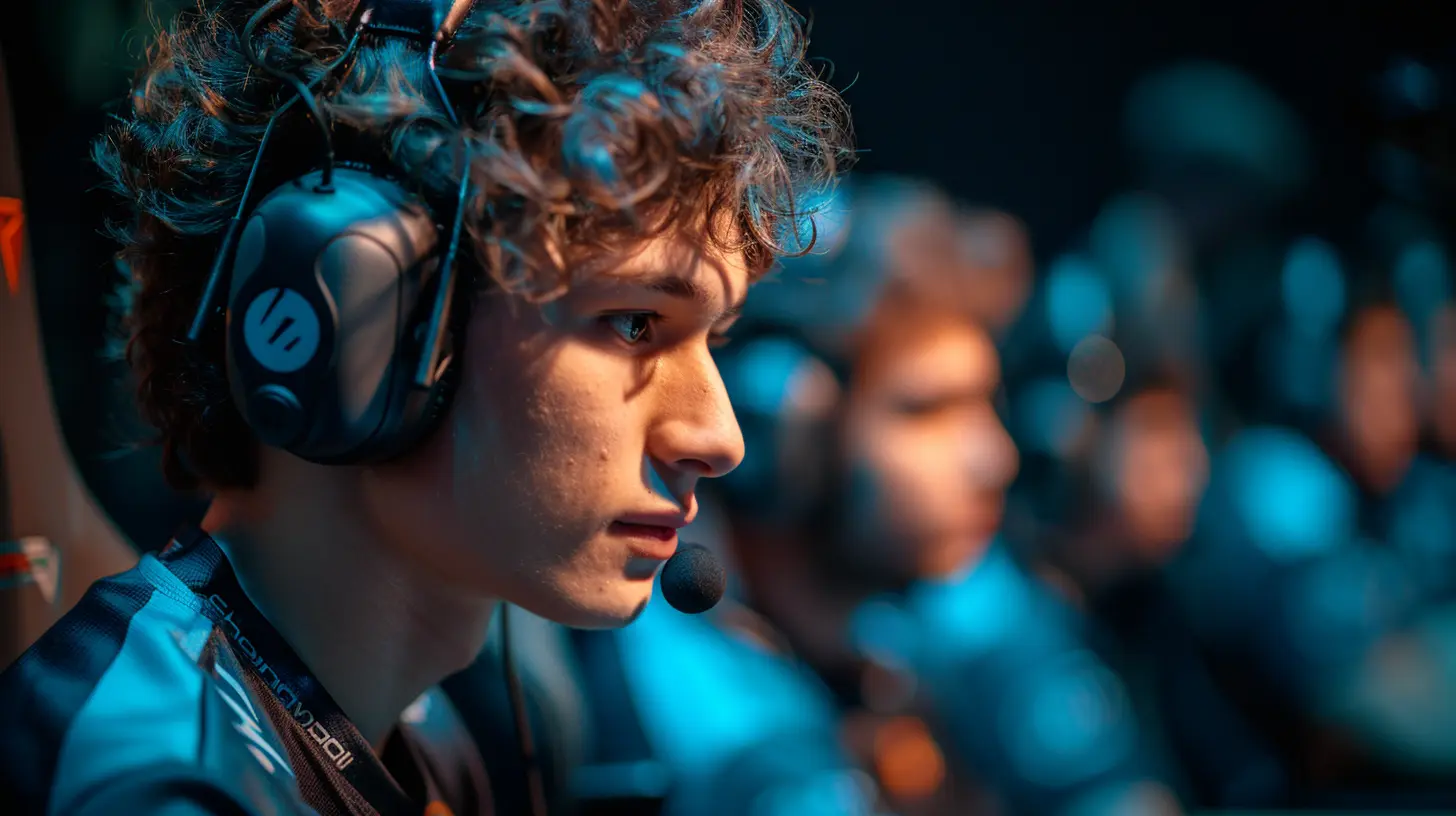
The Role of an Esports Coach
Esports coaches wear a lot of hats, and their responsibilities can vary depending on the game and the level of competition. Here are some of the key roles that an esports coach might take on:1. Strategy Development
At the highest levels of competition, strategy is everything. Esports games like League of Legends, Dota 2, and CS:GO require teams to constantly adapt to their opponents’ playstyles and make real-time decisions that can turn the tide of a match. Coaches are responsible for developing both macro and micro strategies, helping teams figure out how to approach each game, and adjusting tactics as needed based on how the game progresses.2. Player Development
Every player has their strengths and weaknesses, and it’s the coach’s job to help them improve. This involves identifying areas where players can refine their skills, whether it's better map awareness, mechanical execution, or communication. Coaches often work one-on-one with players to set goals, create training regimens, and monitor progress.3. Team Dynamics
A good esports team is more than just a collection of talented players — it’s a well-oiled machine where each player understands their role and can work together seamlessly. Coaches are responsible for fostering strong team dynamics, helping players build trust with one another, and ensuring that the team communicates effectively during matches.4. Mental Preparation
Esports, like any competitive sport, can be mentally taxing. Players often face immense pressure, especially during big tournaments where the stakes are high. Coaches play a critical role in helping players stay calm and focused, teaching them techniques to manage stress and maintain a positive mindset. Some teams even work with sports psychologists to help players develop mental toughness, but the coach is often the first line of defense when it comes to keeping players in the right headspace.5. Analyzing Opponents
In esports, it’s not enough to just understand your own game — you also need to know your opponents inside and out. Coaches spend hours reviewing footage of rival teams, identifying their tendencies, and figuring out how to exploit their weaknesses. This gives players a huge advantage going into matches, as they’ll have a game plan tailored to counter their opponents' strategies.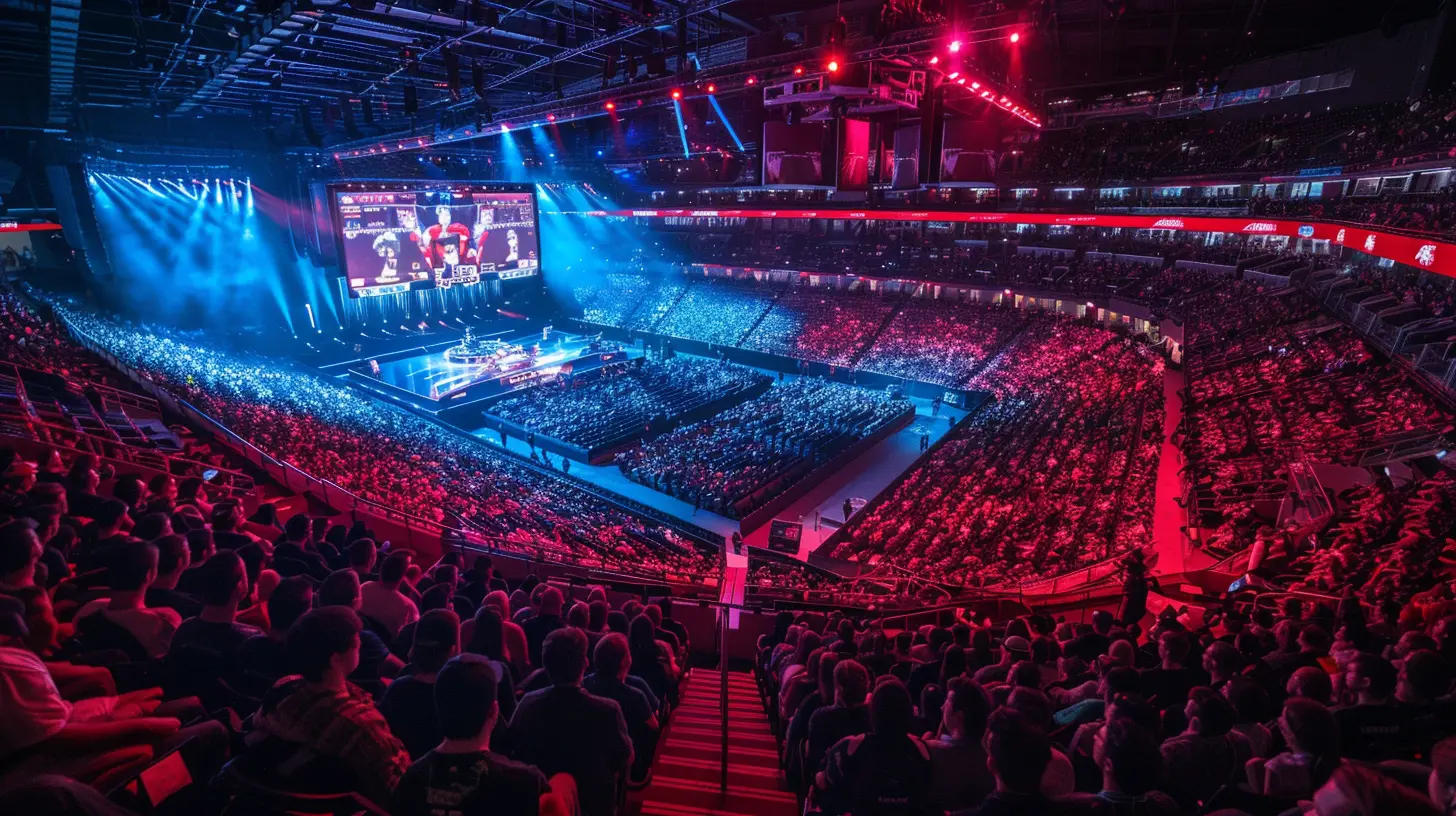
Key Skills for Esports Coaches
So, what makes a great esports coach? It’s more than just being good at the game. While a deep understanding of the game is essential, coaches need a variety of other skills to be effective. Here are some of the key skills that successful esports coaches possess:1. Game Knowledge
First and foremost, a coach needs to have an in-depth understanding of the game they’re coaching. This includes not only knowing the mechanics of the game but also keeping up with the latest updates, patches, and meta shifts. The best coaches are always learning and adapting, staying ahead of the curve when it comes to new strategies and tactics.2. Communication
Great coaches are great communicators. They need to be able to explain complex strategies and concepts in a way that players can understand and apply. This often involves breaking things down into smaller, more manageable pieces and giving players clear, actionable feedback.3. Leadership
Coaches are leaders, plain and simple. They set the tone for the team, both in terms of work ethic and attitude. A good coach knows how to motivate their players, build trust, and foster a positive team environment. Leadership isn’t about barking orders — it’s about guiding players in a way that empowers them to succeed.4. Adaptability
The world of esports moves fast. New patches, balance changes, and shifting metas mean that coaches need to be able to think on their feet and adapt to the ever-changing landscape. The best coaches are those who can quickly adjust their strategies and help their teams stay ahead of the competition.5. Analytical Thinking
Esports is all about strategy, and coaches need to be able to analyze and break down gameplay in order to identify strengths, weaknesses, and opportunities for improvement. This means being able to watch replays, dissect key moments, and provide players with specific feedback on how to improve.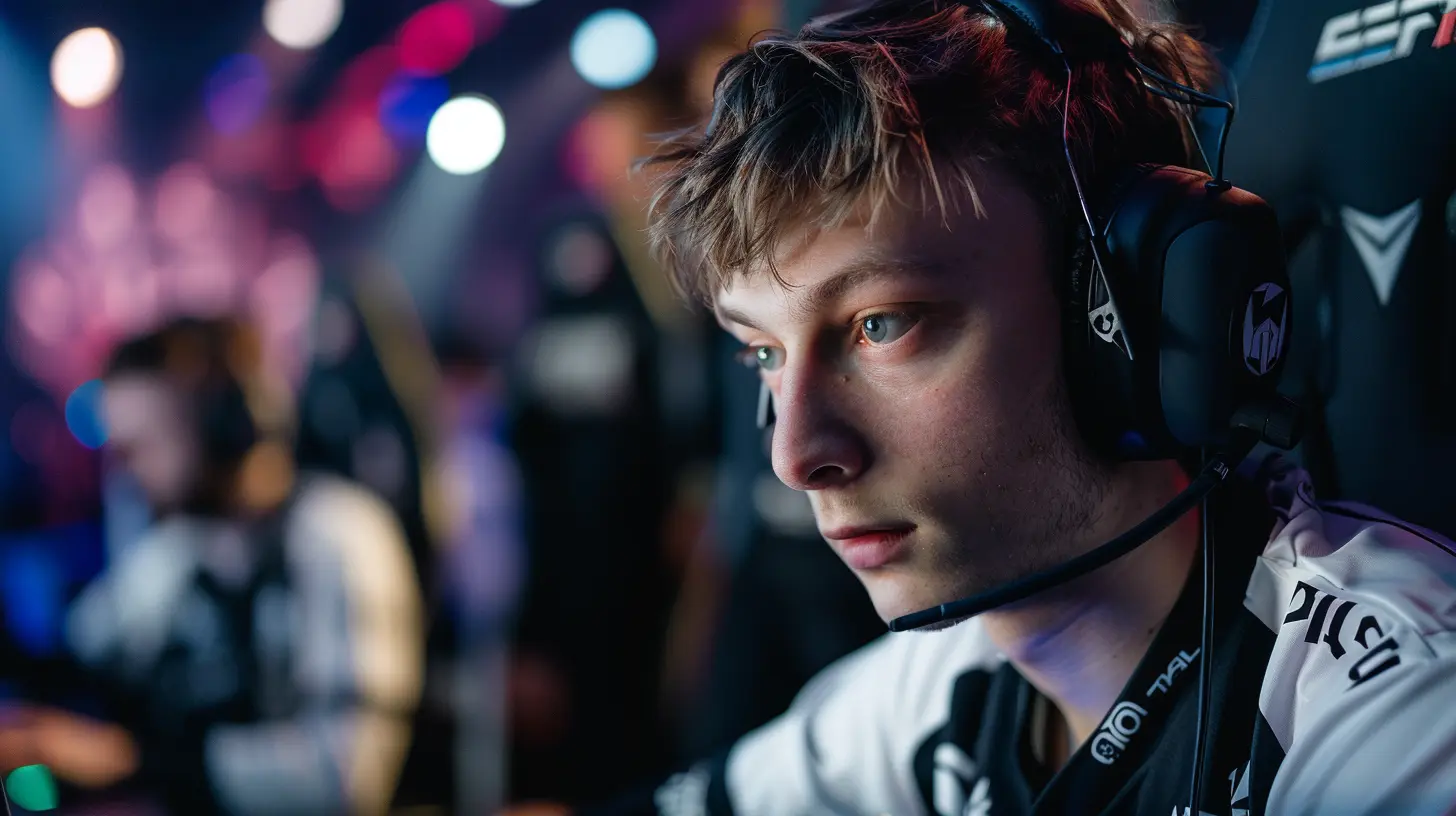
Training Methods in Esports Coaching
Now that we’ve covered the basics of what an esports coach does and the skills they need, let’s talk about how they actually train their players. There are a variety of methods that coaches use to help players improve, depending on the game and the needs of the team.1. VOD Review
One of the most common training methods in esports is VOD (Video on Demand) review. Coaches will watch replays of previous matches or practice games, either individually or with the team, to analyze what went right and what went wrong. This allows players to see their mistakes in real-time and understand how they can prevent them in the future.2. Custom Drills
Just like in traditional sports, esports players can benefit from practicing specific skills in isolation. Coaches might create custom drills to help players improve their mechanics, reaction time, or coordination. For example, a CS:GO coach might set up a custom map for players to practice their aim, or a League of Legends coach might focus on improving a player’s last-hitting skills.3. Scrimmages
Scrimmages, or "scrims," are practice matches against other teams. These are a key part of esports training, as they allow teams to test their strategies and improve their team play in a more competitive environment. Coaches will often set up scrims with teams of a similar skill level, and then review the games afterwards to provide feedback.4. Mental Conditioning
As mentioned earlier, mental preparation is a huge part of esports coaching. Coaches might work with players on mindfulness techniques, breathing exercises, or visualization strategies to help them stay calm and focused during high-pressure situations. Some teams even incorporate meditation and other mental conditioning exercises into their daily practice routine.Challenges in Esports Coaching
Esports coaching isn’t without its challenges. One of the biggest hurdles that coaches face is the lack of established training infrastructure. While traditional sports have decades of research and established methodologies for training athletes, esports is still relatively new, and coaches are often left to develop their own training regimens from scratch.Additionally, the fast-paced nature of esports means that coaches need to be highly adaptable. A strategy that worked last month might not be viable after a new patch, and teams need to constantly evolve to stay competitive. This requires coaches to be on top of their game at all times, constantly learning and adjusting.
Lastly, the mental and emotional toll of esports should not be underestimated. The pressure to perform can be immense, and players often face burnout if they’re not properly managed. Coaches need to be mindful of their players' well-being and ensure that they’re getting the support they need, both in and out of the game.
The Future of Esports Coaching
As esports continues to grow, so too will the demand for skilled coaches. We’re already seeing more and more organizations invest in coaching staff, with some teams even hiring multiple coaches for different aspects of the game. For example, a League of Legends team might have a head coach, a positional coach for each role, and an analyst to help break down gameplay.In the years to come, we can expect to see even more formalized coaching structures, as well as the development of coaching certifications and training programs. Just like in traditional sports, the role of the coach will become increasingly important as esports continues its rapid ascent.
Conclusion
Esports coaching is a fascinating and rapidly evolving field. Coaches are instrumental in shaping the next generation of esports champions, helping players refine their skills, develop strategies, and stay mentally sharp. Whether you're a player looking to improve or someone aspiring to become a coach, there’s no denying the impact that great coaching can have on a team’s success.As the esports industry continues to grow, the role of the coach will only become more prominent. The next great esports champion might just be waiting for the right coach to unlock their full potential. Who knows? Maybe that coach could be you.
all images in this post were generated using AI tools
Category:
EsportsAuthor:

Uziel Franco
Discussion
rate this article
1 comments
Rosanna Sawyer
Great article! It’s inspiring to see the emphasis on nurturing young talent in esports. Coaching is crucial for fostering skills and passion in the next generation of champions. Keep up the great work!
July 29, 2025 at 4:39 AM

Uziel Franco
Thank you! I appreciate your support and completely agree—coaching is vital for developing future esports champions!

